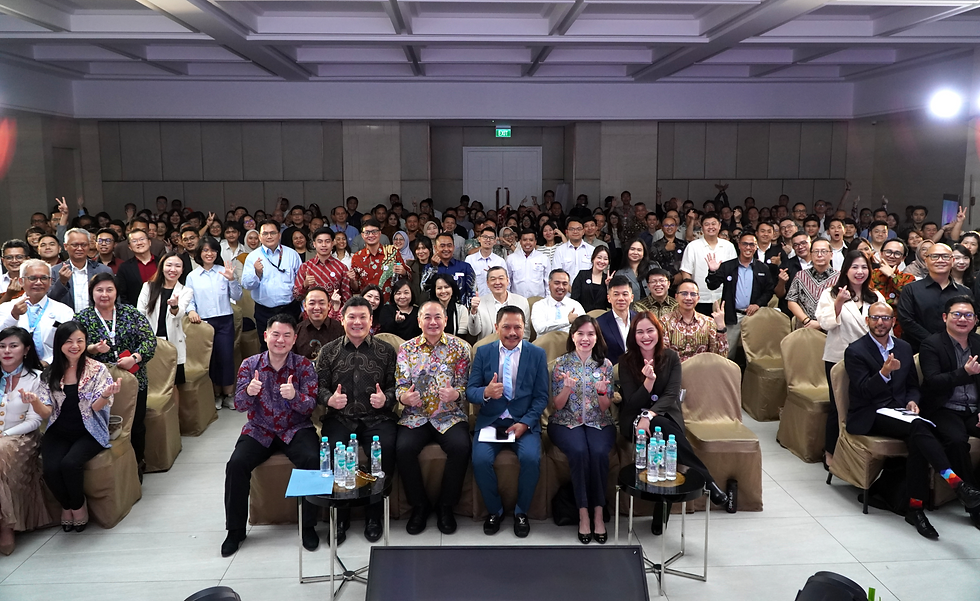Cultivating Social Intelligence: Ways to Understand Others
- TechConnect

- Jan 10, 2023
- 3 min read

Image source: www.freepik.com
Have you ever noticed how some people can easily talk to anyone they meet, no matter how different their backgrounds are? Or have you ever seen one person who always answered someone, regardless of the topic of conversation?
These two scenarios illustrate how we can differ in our ability to interact, mingle, and relate to others around us. After years of academic research and development, this social competence is now often referred to as social intelligence. In professional life, Social intelligence is the key to career and life success. Maybe you will be wondering, why does social intelligence matter in our life?
Intelligence, or IQ, is largely what you are born with. Genetics plays a large part. Social intelligence (SI), on the other hand, is mostly learned. SI develops from experience with people and learning from successes and failures in social settings. Social intelligence involves two general components: Social awareness (what we sense about others), Social facility (what we do with our awareness). So basically people with high social intelligence are aware of and understand their feelings and thoughts, as well as the feelings of those around them.
There are a few key elements of social intelligence that can help you to improve your social intelligence ability:
1. More Practices in Effective Active Listening
Socially intelligent persons are great listeners. As a result, others come away from an interaction with an SI person feeling as if they had a good “connection” with him or her. You might even consider setting up meetings to listen to how people think and feel in response to certain situations. The more you listen, the more you learn about your colleagues. This enables you to make them feel understood.
2. Communication Skills
Verbal Fluency and Conversational Skills. You can easily spot someone with lots of SI at a party or social gathering because he or she knows how to “work the room.” The highly socially intelligent person can carry on conversations with a wide variety of people and is tactful and appropriate in what is said. Combined, these represent what are called “social expressiveness skills.”
3. Good Impression Management Skills
Socially intelligent people consider the impression that they make on other people. Considered one of the most complex elements of social intelligence, managing a reputation requires careful balance—a person must thoughtfully create an impression on another person while still being authentic. This is perhaps the most complex element of social intelligence.
4. Understand Your Emotional Intelligence
Great people watchers, individuals high in social intelligence attune themselves to what others are saying, and how they are behaving, in order to try to “read” what the other person is thinking or feeling. Understanding emotions is part of Emotional Intelligence. Emotional intelligence is more about how you control your own emotions and how you empathize with others. It requires recognizing when you’re experiencing an emotion—which will help you recognize that emotion in others—and regulating them appropriately. Social Intelligence and Emotional Intelligence are correlated — people who are especially skilled are high on both.
5. Respect Differences
Although most people learn people skills from their family, friends, and the community surrounding them, socially intelligent person understands that others might have different responses and customs based on their upbringing. The socially intelligent person knows how to play different social roles — allowing him or her to feel comfortable with all types of people. As a result, the SI individual feels socially self-confident and effective — what psychologists call “social self-efficacy.”
Source:





Comments